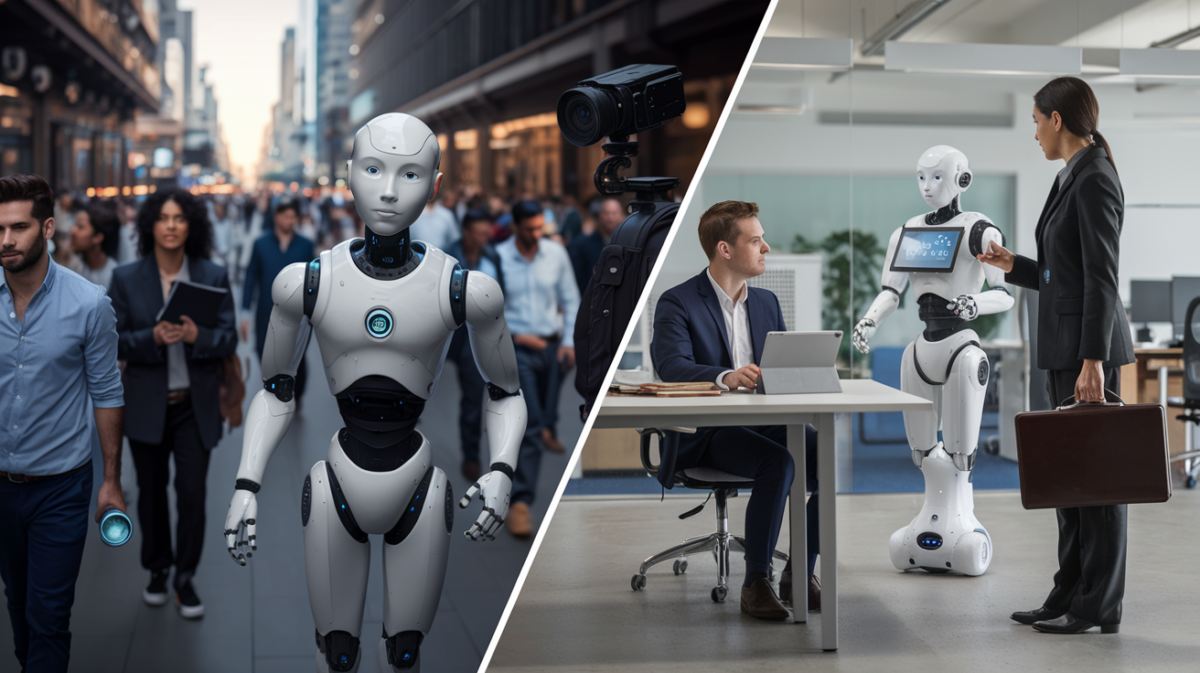The rise of Artificial Intelligence (AI) is reshaping the global job market, sparking debates about job displacement, inequality, and the emergence of new roles. Experts agree that the transformation is inevitable, but opinions vary on whether AI will ultimately hurt or help workers. Here’s a closer look at the evolving landscape.
The Inevitable Shift: AI’s Role in Job Displacement
AI’s ability to automate tasks has raised concerns about widespread job losses. According to the United Nations Conference on Trade and Development (UNCTAD), AI could affect up to 40% of jobs worldwide, with low-skilled and repetitive roles at the highest risk. This shift could deepen economic disparities, as benefits may be concentrated among a handful of nations and corporations.
Dario Amodei, CEO of Anthropic, predicts even starker changes. He warns that AI could eliminate 50% of entry-level white-collar jobs within five years, potentially pushing unemployment rates to 10–20%. “The disruption is coming,” Amodei says, urging transparency from AI developers about the technology’s potential impact.
Job Creation: AI as a Catalyst for New Roles
While some fear job losses, others see AI as a driver of innovation and employment. CP Gurnani, CEO of Tech Mahindra, argues that generative AI will create more jobs than it displaces. “The technology is still evolving, and its applications are limitless,” he says. “New industries and roles will emerge as AI matures.”
Ravi Kumar, CEO of Cognizant, shares this optimism. He envisions AI as an equalizer, breaking down barriers to high-quality jobs. “AI will level the playing field, allowing more people to enter emerging fields,” Kumar explains. “The gaps between professions will shrink, creating a more dynamic workforce.”
Skills for the Future: Adaptability Is Key
As AI reshapes the job market, adaptability becomes crucial. Mark Cuban, billionaire investor, emphasizes the need for workers to stay curious and agile. “No one can predict exactly how AI will change things,” he says. “But those who adapt quickly will thrive.”
Research from PwC supports this view, showing that AI can enhance worker productivity and create new opportunities. The study found that jobs and wages are growing in AI-exposed occupations, including traditionally automatable roles like customer service and coding.
Comparing AI’s Impact: Job Losses vs. Job Creation
| Perspective | Key Argument | Potential Outcome |
|---|---|---|
| Job Displacement | AI automates repetitive and low-skilled tasks. | Unemployment could rise, especially in vulnerable sectors. |
| Job Creation | AI drives innovation and new industries. | Emerging roles could offset job losses. |
| Skills & Adaptability | Workers must learn to collaborate with AI. | Enhanced productivity and higher-value roles. |
Preparing for the Future
The debate over AI’s impact on jobs is far from settled, but one thing is clear: change is coming. Workers, employers, and policymakers must collaborate to navigate this transition. Here are three steps to prepare:
- Upskill Continuously: Invest in learning new technologies and soft skills.
- Embrace Flexibility: Be open to career shifts and hybrid roles.
- Advocate for Fair Policies: Push for regulations that protect workers while fostering innovation.
Conclusion
AI’s influence on the job market is complex, with potential for both disruption and growth. While certain sectors may face challenges, others could see unprecedented opportunities. The key to thriving in this new era lies in adaptability, lifelong learning, and a proactive approach to change.







